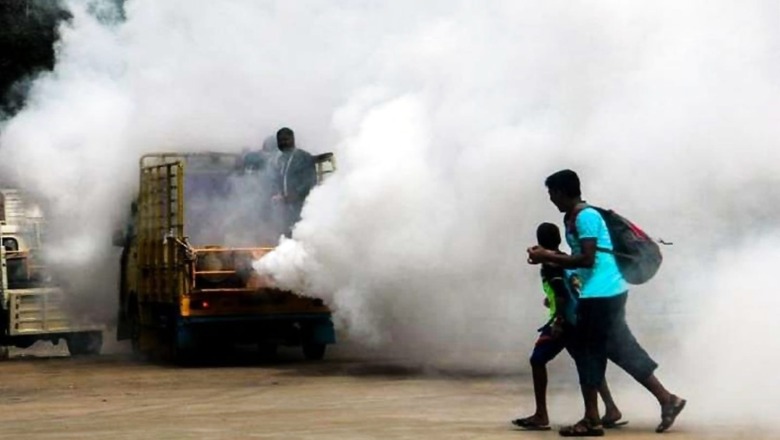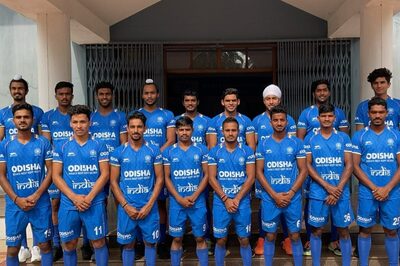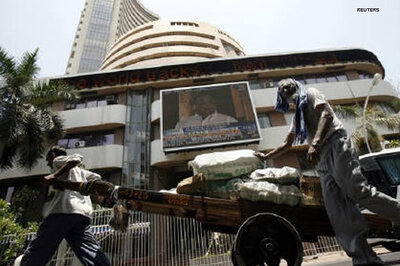
views
It’s a double whammy for Mumbai as the city, reeling under the Covid wave, has seen a jump in August in hospitalisations due to dengue compared to the previous month. According to the BMC, more than 132 people required hospitalisation after testing positive for dengue, compared to a mere 28 last month, with authorities expecting the number to be higher as not all private admissions are notified.
The BMC, according to a report in the Times of India, said most cases were found in F south (Parel, Sewri, Naigaum), B (Dongri, Umarkhadi) and H west (Bandra, Khar and Santacruz) though there were no deaths so far due to the vector-borne disease.
The insecticide department said 13,15,373 houses were inspected, and 11,492 dengue breeding spots were destroyed. BMC’s executive health officer Dr Mangala Gomare said the spike was usual during the months of August and September and one must see a doctor if symptoms such as fever, headache, rashes, muscle pain and joint pain are observed.
Doctors caution that the window for undergoing a dengue test was crucial too. A civic doctor said NS1 antigen test for dengue comes positive around 24 hours after onset of symptoms. There have been 3,338 malaria cases, 133 leptospirosis, 209 dengue, 1,848 gastroenteritis, 165 hepatitis and 45 H1N1 cases between January-August, TOI reported.
While a series of combat measures have been initiated in Mumbai metropolitan region (MMR) and Pune metropolitan region (PMR), the Public Health Department is also focussing on Western Maharashtra districts of Kolhapur, Sangli and Satara and Konkan districts of Raigad and Ratnagiri that were affected by massive floods.
The number of Monsoon-related ailments has surged this year owing to the relaxations in lockdown-related restrictions, which has resulted in the free movement of people after the flattening of the Covid-19 curve during the second wave.
Dr Harshad Limaye, senior consultant, internal medicine and infectious diseases, Nanavati Max Super Speciality Hospital was quoted as saying by Hindustan Times that monsoon-related illnesses declined sharply last year due to the lockdown and minimal human activity. “We are witnessing a 30%-40% increase in dengue, malaria and leptospirosis this year.”
Read all the Latest News, Breaking News and Assembly Elections Live Updates here.


















Comments
0 comment